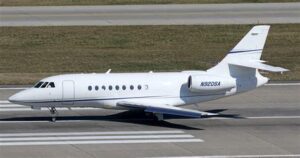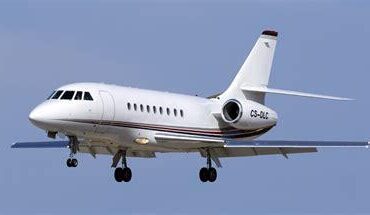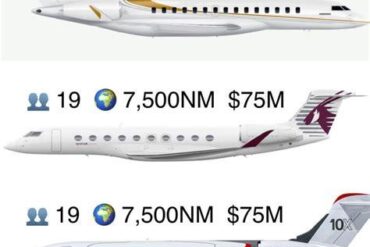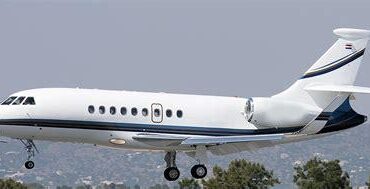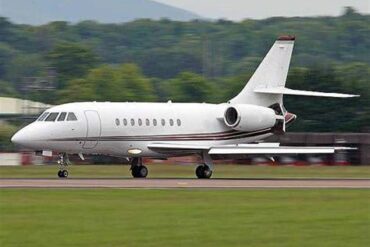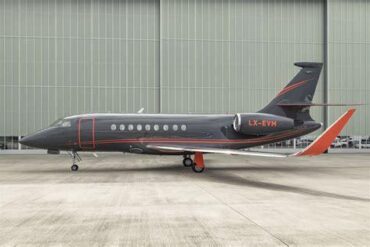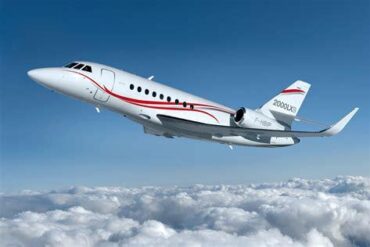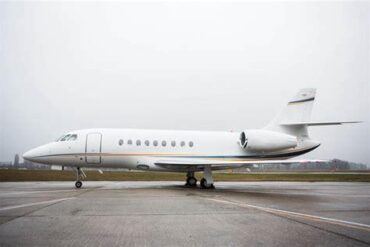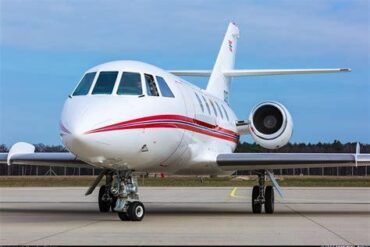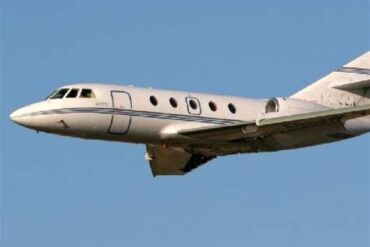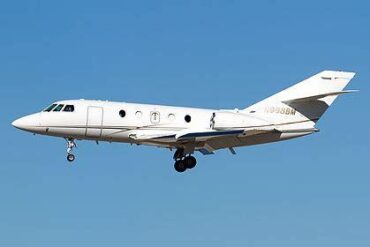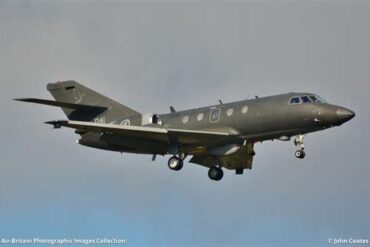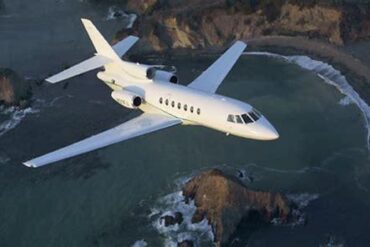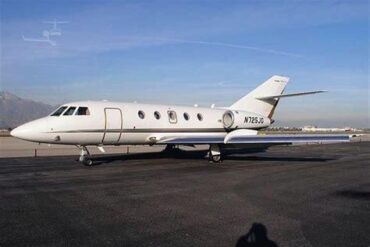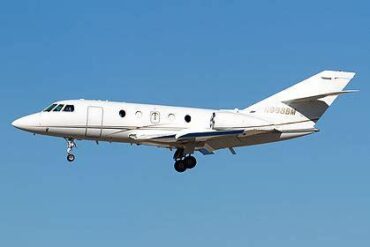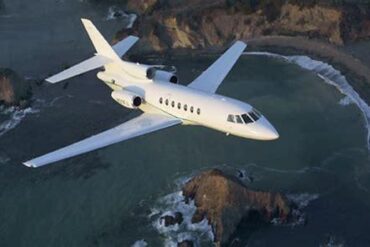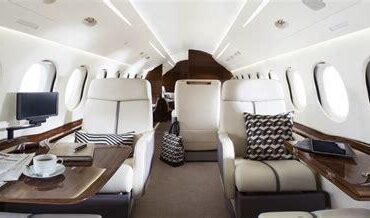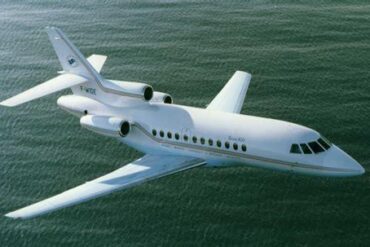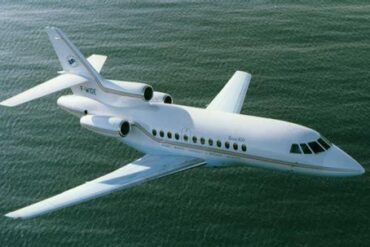The Dassault Falcon 2000S is a remarkable twin-engine business jet that epitomizes luxury, performance, and efficiency. As organizations and individuals seek to enhance their travel experiences, understanding the price and operating costs associated with this aircraft becomes paramount. This article delves into the intricate details of the Falcon 2000S, examining its pricing structure, operational expenses, and factors influencing ownership costs.
Overview of the Dassault Falcon 2000S
The Falcon 2000S is a versatile aircraft designed for medium-range missions, boasting impressive speed and range capabilities. With a maximum cruise speed of approximately Mach 0.84 and a range of around 3,600 nautical miles, this aircraft is an ideal choice for both corporate and personal travel.
Specifications
-
Length: 23.1 meters (75 feet 10 inches)
-
Wingspan: 21.2 meters (69 feet 7 inches)
-
Height: 7.5 meters (24 feet 7 inches)
-
Maximum Takeoff Weight: 22,000 kg (48,500 lbs)
-
Engines: Two Pratt & Whitney Canada PW535E engines
These specifications highlight the Falcon 2000S as a robust and capable aircraft, perfectly suited to meet diverse aviation needs.
Initial Purchase Price of the Dassault Falcon 2000S
When considering the purchase price, the Falcon 2000S typically ranges from $25 million to $30 million for a new model, depending on customization and features. Pre-owned models can be more accessible, generally priced between $10 million and $20 million based on their age, condition, and installed avionics.
Factors Influencing Purchase Price
Several key factors influence the purchase price of the Falcon 2000S:
-
Customization Options: Buyers can tailor the interior with bespoke designs, materials, and technology, impacting the overall cost significantly.
-
Market Demand: The demand for used business jets fluctuates based on economic conditions and trends in private aviation, affecting resale values.
-
Aircraft Condition and History: The maintenance history, number of previous owners, and any accidents or incidents can substantially alter pricing.
Operating Costs of the Dassault Falcon 2000S
Understanding the operating costs is crucial for potential owners to assess the financial implications of owning a Falcon 2000S. Operating costs encompass various expenses, including fuel, maintenance, insurance, crew salaries, and hangar fees.
1. Fuel Costs
Fuel is one of the most significant operational expenses. The Falcon 2000S has a fuel consumption rate of about 180 gallons per hour. Given the average fuel price of $5 per gallon, the hourly fuel cost amounts to approximately $900. Over a year, if the aircraft flies around 400 hours, the total fuel expenditure would reach $360,000.
2. Maintenance Costs
Maintenance is vital for ensuring the aircraft’s safety and performance. Annual maintenance costs for the Falcon 2000S generally range from $150,000 to $200,000. This includes scheduled inspections, unscheduled repairs, and parts replacement. Regular maintenance is essential to uphold the aircraft’s airworthiness and longevity.
Scheduled Maintenance
Scheduled maintenance involves routine checks and services mandated by aviation authorities. The Falcon 2000S requires different levels of maintenance checks:
-
A Check: Every 400 flight hours.
-
B Check: Every 800 flight hours.
-
C Check: Every 4,000 flight hours, requiring a more extensive inspection of critical systems.
3. Insurance Costs
Insurance is another critical expense. The annual insurance premiums for a Falcon 2000S typically range from $30,000 to $50,000, depending on the coverage limits and the pilot’s experience. It is advisable to work with a specialized aviation insurance broker to secure the best rates and coverage options.
4. Crew Salaries
Employing a qualified crew is essential for operating the Falcon 2000S safely. A typical flight crew consists of two pilots, and their salaries can vary based on experience and location. On average, pilot salaries can range from $70,000 to $120,000 per pilot annually, resulting in a total crew salary of approximately $140,000 to $240,000.
5. Hangar Fees
Hangar fees vary significantly based on geographic location and the facility’s amenities. Owners can expect to pay between $1,000 and $3,000 per month for hangar space. Annually, this translates to $12,000 to $36,000, which should be factored into the overall operating costs.
6. Miscellaneous Costs
Other operating costs include:
-
Landing and Handling Fees: These fees depend on the airport and can range from $500 to $2,000 per landing.
-
Catering and In-flight Services: Depending on passenger preferences, in-flight catering can add an additional $100 to $300 per flight.
-
Navigation Fees: Charges for using air navigation services vary by region and can add up over time.
Total Annual Operating Costs
Considering all the aforementioned factors, the total annual operating costs for the Dassault Falcon 2000S can be estimated as follows:
-
Fuel: $360,000
-
Maintenance: $175,000 (average)
-
Insurance: $40,000 (average)
-
Crew Salaries: $190,000 (average)
-
Hangar Fees: $24,000 (average)
-
Miscellaneous Costs: $50,000 (approximate)
Estimated Total Annual Operating Costs: $839,000
This estimation highlights the importance of careful financial planning when considering ownership of a Falcon 2000S.
Comparative Analysis: Falcon 2000S vs. Competitors
When evaluating the Falcon 2000S, it is essential to compare it with similar aircraft in its class, such as the Bombardier Learjet 75 and the Cessna Citation Latitude. Each aircraft has its unique strengths and weaknesses, influencing both purchase prices and operating costs.
1. Bombardier Learjet 75
-
Purchase Price: Approximately $13 million to $17 million.
-
Operating Costs: Estimated at $700,000 annually.
-
Range: Approximately 2,040 nautical miles.
2. Cessna Citation Latitude
-
Purchase Price: Approximately $16 million to $19 million.
-
Operating Costs: Estimated at $750,000 annually.
-
Range: Approximately 2,700 nautical miles.
While both competitors have lower purchase prices and operating costs, the Falcon 2000S offers superior range, cabin comfort, and speed, making it a compelling choice for discerning travelers.
Conclusion
In conclusion, the Dassault Falcon 2000S stands out as a premier business jet, balancing luxury, performance, and operational efficiency. With an initial purchase price ranging from $25 million to $30 million and estimated annual operating costs of approximately $839,000, it is crucial for prospective owners to evaluate their specific needs and budget. Understanding these costs, alongside comparing competitors, will enable informed decisions regarding ownership and operational strategy.
Investing in a Falcon 2000S not only elevates the travel experience but also enhances productivity, making it a worthy consideration for businesses and individuals alike.
